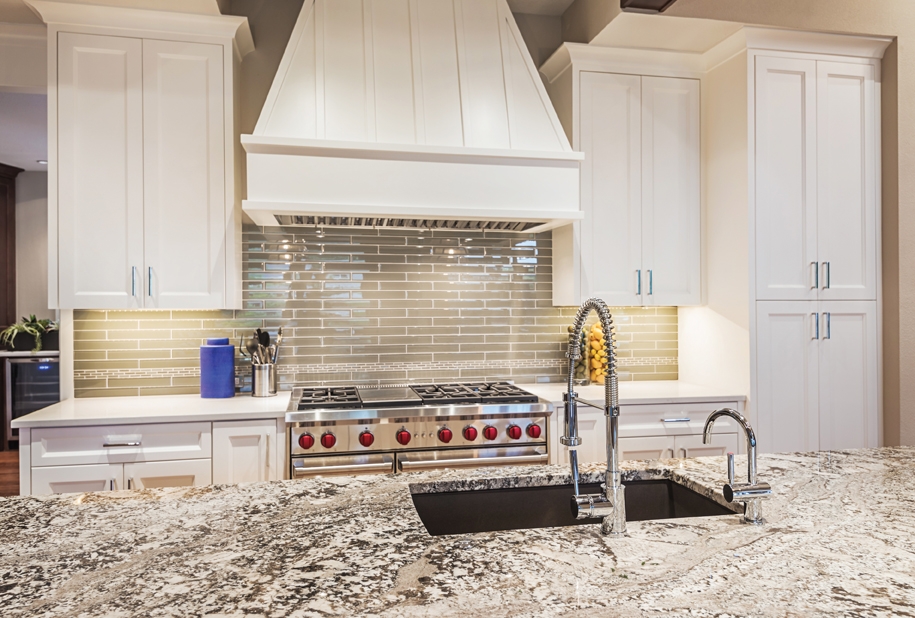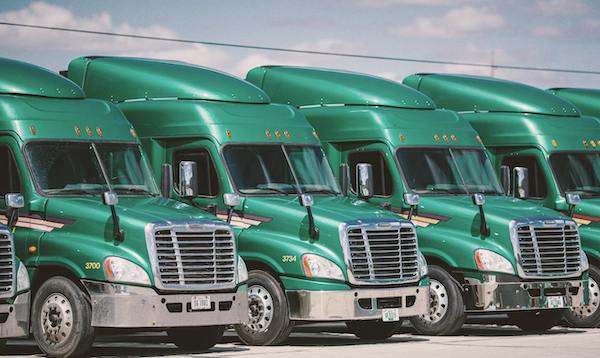
How to Choose a Tankless Water Heater
On-demand water heaters differ from tank water heaters by only heating water when necessary and being more compact than their traditional counterparts.
To determine the ideal tankless water heater size for your home, add up all of your desired gallons per minute of flow from faucets and showerheads – this is known as temperature rise rating.
Cost
The best tankless gas water heater may cost more upfront, but can save both energy and money over time. To get maximum savings it’s wise to obtain multiple quotes from plumbers experienced installing them and check credentials such as BBB accreditation or membership of local chambers of commerce for installers with whom you’d be comfortable working together.
Initial installation costs may also include costs related to replacing or upgrading water lines, gas pipes (for gas units) and electrical wiring to support a tankless system – this may involve hiring electricians or plumbers at hourly rates.
Professional assistance can assist in determining what size tankless water heater will best meet the needs of your home by measuring water flow from faucets and showerheads. This allows for accurate sizing of your tankless water heater so you can ensure enough hot water capacity is available for every fixture in your home. Flow rates decrease when temperatures decrease, so climate must also be considered when making this decision; for households that utilize large volumes of hot water frequently, an appropriate high-flow unit would likely be necessary to meet demand.
Energy Efficiency
Energy efficiency should always be taken into consideration when purchasing any appliance, including tankless water heaters. On-demand systems can reduce annual costs between 8-50% due to reduced recovery and standby losses.
Tankless units utilize a flow sensor and gas valve to identify hot-water demand, before opening to allow natural gas or electricity heating of water through an exchanger, followed by a mixing valve to temper any superheated output from this heat exchanger.
If you decide to install a tankless water heater in your home, it’s wise to hire an experienced professional for installation. A pro can ensure all codes and permits are met, create leak-free connections between water, vent, gas lines and appliances and flush vinegar through every 500 hours to help avoid mineral build-up in the heat exchanger clogging it up prematurely; and help select the appropriate model.
Installation
On-demand hot water systems cost more initially, but can save homeowners money over the course of their lives. By limiting energy use in cold climates and protecting from mineral buildup better than tank water heaters, on-demand systems save homeowners money over their lifetimes. They require professional installation as natural gas or electricity consumption poses health risks to inexperienced users who try their own installation project.
As well, they may require connecting to a larger gas line; your installer or the local building department should be able to tell you of any requirements, fees or inspections associated with this change. Furthermore, venting or electrical upgrades might need to be performed to accommodate the new system – for more information talk to one of the top professionals for an estimate of costs involved in your project.
Maintenance
Tankless water heaters require less repairs than traditional storage tank systems, yet still must be regularly serviced to avoid costly problems. Regular maintenance helps clear away mineral deposits from heat exchangers and keeps gas flowing freely throughout the unit.
Maintain a regular cleaning regimen for your burner chamber, circulating air passages and control compartment to avoid overheating the system. While you could perform these duties yourself, working with gas components is dangerous and should only be attempted by experts.
In areas with hard water, flushing your tankless water heater on an annual basis to avoid rust from clogging its heat exchangers and is an easy 20-minute task that either a professional can perform for you, or the homeowner themselves can manage.
Image Credit: Shutterstock









